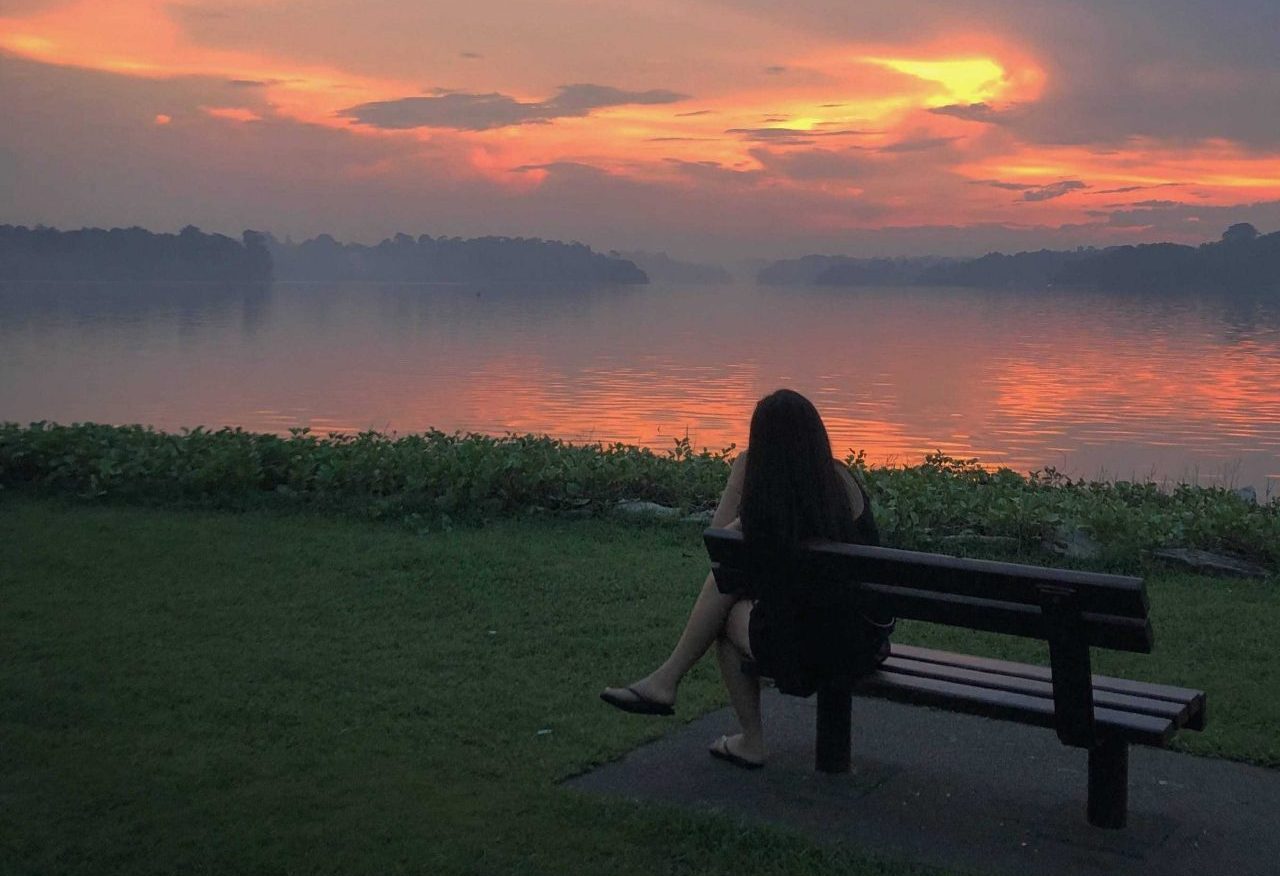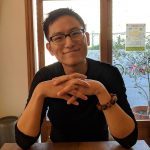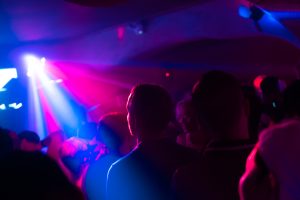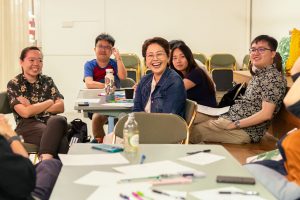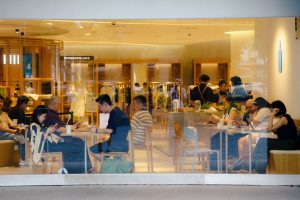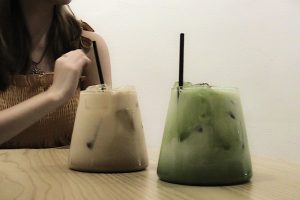All images by Feline Lim for RICE Media.
A few years ago, on Valentine’s Day of all days, I was grabbing drinks with an old friend of mine at a bar near the foot of Ann Siang Hill when, apropos of nothing, she came out to me as an asexual.
This news came as quite a shock. Because for as long as I’ve known her—going on fifteen years now—this friend had always been a notorious flirt in her social life. An extravert who would crack obscene jokes in front of total strangers, ones that made grown men blush. This was my favourite quality about her; she was often inappropriate, but never boring.
In short, she was the last person I expected to learn was asexual. While I knew she had no reason to lie, I confess that my first reaction was not acceptance, but skepticism.
So my natural follow-up question was:
How do you know for sure?
How to Disappear Completely
To this day, ‘how do you know’ is perhaps the question that plagues the asexual community, or ‘ace’ for short. To openly address it is to run the risk of being ridiculed or dismissed.
Asexual women are typically written off as frigid and repressed. Asexual men, on the other hand, are laughed at. They have failed the unspoken test of what it means to be a ‘real man’, which perversely, means having the innate desire to fuck anything that moves.
The implication here being that there’s something wrong with the asexual. That at some point in their life, something must’ve damaged them. That this can’t be who they really are.
While many in the LGBTQ+ community experience similar prejudices, the asexual struggle stands apart. This is because the lack of intrinsic sexual desire can never be ‘proven’ or ‘shown’ to the outside observer, so it’s often conflated with social factors like a repressed childhood or simply not having met the right person.
By contrast, when a gay or lesbian brings home a partner of the same sex, or when a transgender individual chooses to undergo hormone therapy or gender reassignment surgery, these are all observable facts. Whatever our prejudice, we can’t deny the commitment.
Asexuality, on the other hand, is like Schrodinger’s cat. From the outside, we can’t know whether the cat in the box is dead or alive. Only the cat knows.
Which is why asexuals are arguably the hardest group for even reasonable people to accept. Some don’t believe asexuals exist in the first place. It’s a fake. Yet another fancy label the strawberry generation made up just to get more attention.
In essence, the asexual’s struggle is the minority’s struggle writ large: because to truly accept a person, we have to learn to see them first. But how do we ‘see’ someone whose sexuality is defined by its absence?
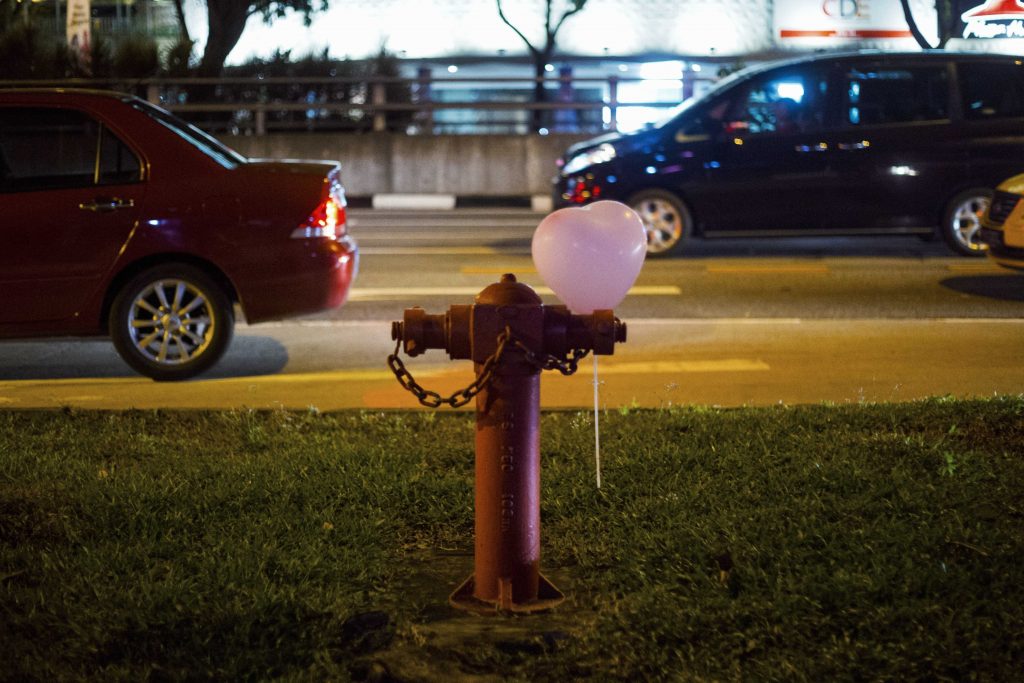
Linda’s Story
“I think I’m on a different wavelength from most Singaporeans I know,” said Linda, an asexual Singaporean who was born and raised in Singapore, and now resides in the United States.
“But timeline-wise, I have had a very conventional Chinese Singaporean high-achiever life.”
For Linda, doubts about her sexuality started creeping in during secondary school/JC, when puberty hit.
Like many others in the LGBTQ community, it starts with the realisation that there’s a disconnect between external appearances and your inner reality. It’s a vague feeling that’s hard to put your finger on. To further complicate matters, it can be difficult to distinguish whether this feeling is part of the normal confusion of puberty or something that’s separate and distinct.
“One very distinct memory for me is around 15 or 16, hearing a friend saying “(this celebrity) is so HAWT” and me not knowing how to respond to that,” said Linda. “I felt like she was talking about something that I couldn’t access at all.”
A few years later, Linda stumbled upon the Asexual Visibility and Education Network (AVEN) community online.
“The moment I read their FAQ page a lightbulb went off,” said Linda. “And I knew, deeply and instinctively, that I had found something that described me in some way.”
At this point in our interview, I could already anticipate the skepticism from some readers. Who’s to say that the FAQ didn’t warp her views, causing her to stray from the ‘normal’ path of sexual development? This is an argument offered by some conservative groups, who believe that Singaporean youth are being corrupted by dangerous foreign ideas.
Of course, there’s also an irony to this line of reasoning. Because what exactly makes the traditional mindset on sex so healthy and normal?
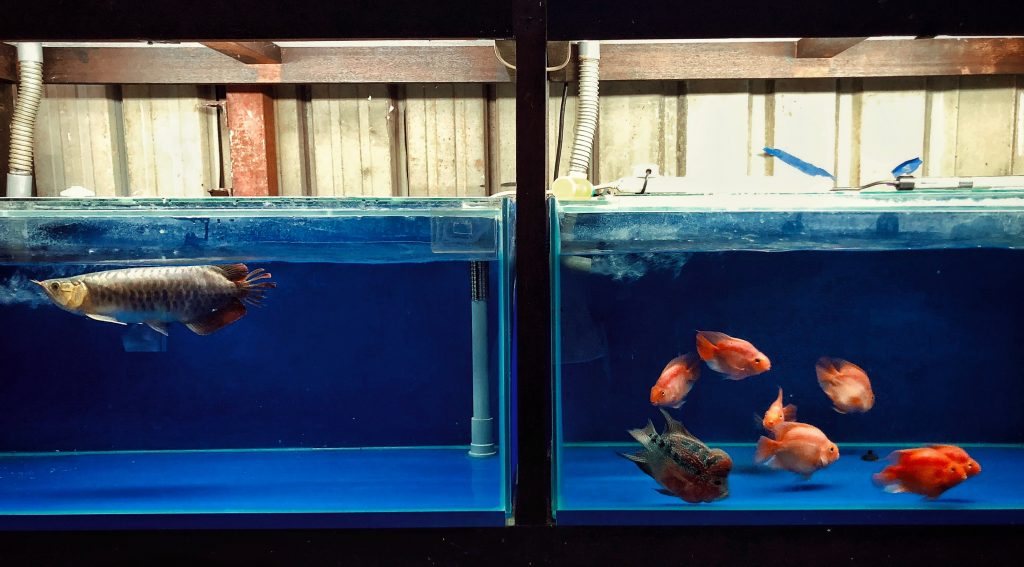
Growing up in Singapore, Linda got the sense that abstinence-only sex education and chastity/modesty culture has led a lot of young adults to becoming strangely obsessed with sex in sometimes unhealthy ways. These issues are often left unresolved as they enter university and into the working world.
“The major misconception about asexuality is that we’re sexually repressed,” said Linda. “Believe me, I have been checking to see if this is just a phase for about a decade now.”
It would have saved her a lot of stress and heartache. Because to come out as asexual to family and friends is to open yourself up to unsolicited advice and questions, ranging from the well-intentioned to the disturbing:
The most common response that Linda gets is that this is just a phase. Others have suggested the possibility that she’s a closeted lesbian who’s forcing herself to be with men. One friend jokingly proposed corrective rape.
”Needless to say, we are no longer friends,” said Linda.
But like most people, Linda still longs for a romantic life partnership. What she wants is not so different from the norm: marriage (or equivalent), family, romantic gestures, and the works.
So if what she wants is the same as everyone else, why is her asexuality even an issue?
The answer is simple: there’s more to a functional relationship/marriage than just keeping up appearances. If finding a compatible partner is hard enough in traditional relationships, being asexual makes it that much harder.
“I would say that asexuality has impacted my dating life significantly and negatively,” said Linda.
“Feeling ‘unwanted’ or like your partner is ‘neutral’ is, of course, a great way to turn off any attraction a non-asexual partner might have towards you.”
This is why some asexuals limit their dating pool exclusively to those who also fall on the asexual spectrum. Others pursue romantic bonds with non-asexuals, but allow their partners to fulfill their sexual needs outside of their partnership.
“It certainly narrows the dating pool available to you because I don’t feel that primal need to come on to another person.”
Without broader understanding of asexuality as an orientation, it can be hard for asexuals to find their bearings, intensifying their feeling of isolation.
“Back when I was using dating apps, I had my profile set up to show me matches from anywhere in the world,” said Linda.
It came back with only five matches.
Making the Case For Labels
Linda identifies as 99% asexual and demisexual. This means that while she has no intrinsic sexual desire (asexual), she is not averse to having sex once a deep emotional connection has been formed (demisexual).
“While I enjoy having the option of having sex as a way to deepen an intimate bond with someone I love, the reality is that there’s a 90% chance that sex is never going to be something critical to me in a relationship.”
For many in the ace community, these labels and definitions are essential. They serve as reference points for asexuals to communicate their experience—while at the same time acknowledging that there are various shades of gray.
“In the end I see these as useful labels for helping a partner understand me,” she explained. “They have been also not-so-useful at times as well, as they don’t capture the fluidity and openness of how I feel about sex.”
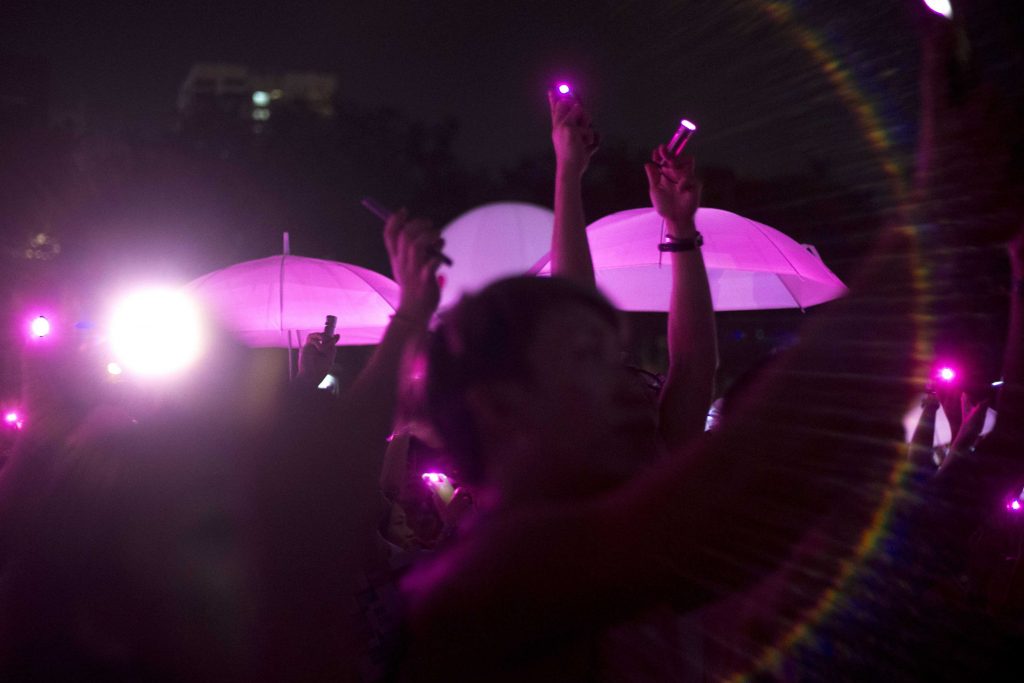
For members of the older generation, this proliferation of sexual orientations, spectrums and pronouns is a lot to take in at once. The first impulse might be to dismiss these out of hand. Is there even a need for such labels? Can’t we all just identify as human beings?
This is the Catch-22 for many minority groups. For the asexual community in particular, to abandon all labels is to become unmoored, to lose a common language to talk about their experiences with each other and convey that invisible feeling to others. Yet to champion these labels is to create new vectors to be ridiculed and attacked.
To be ‘woke’ is to draw backlash to ‘woke culture.’ Similarly, ‘critical race theory’ has drawn an equally strong backlash from venues like Zaobao, who ironically parrot U.S. right wing talking points in erecting CRT as a straw man against liberal ‘snowflakes’ and foreign influence.
These are the ways that language and politics lock things down. It takes what is complex and turns it into a series of talking points and jargon. Its goal is to preemptively shut down conversations that challenge the norm.
But it is the exclusive privilege of the majority to eschew labels and definitions. Examples of our normalness are all around us. Everything from media portrayals to education to government policies are designed to validate the ‘correctness’ of our identity and life choices.
What the asexual community illustrates is that having a language of your own is not just a preference for minorities, but a matter of survival, without which, their experiences would disappear into the realm of the shapeless, the unseen, and the unspoken.
More Than Words
If we made the effort, it’s not that hard to relate to the asexual community’s feeling of loneliness and isolation.
Most of us probably harbour a secret that we find difficult to share with even those who are closest to us—for fear of being ridiculed or dismissed. Some of us will keep it bottled up inside, and for the rest of our lives, we’ll carry it like a weight around our necks.
This feeling may not have a clear outline, and words may be insufficient, but at the same time, it’s quite fundamental to everything that makes us human.
Despite the noise and trolls, civil society in Singapore is slowly moving in a positive direction. Just as we now know that the ‘power of positive thinking’ will not cure our depression, many have come around to the idea that homosexuality and transgenderism are not lifestyle choices.
Instead of intellectualising serious issues away or erecting strawmen to shield ourselves from discomfort, what the asexual community can teach us is how to listen, reciprocate, and reflect.
Maybe then we can all attain the liberating feeling of finally being seen.
Tell us what you thought of this story at community@ricemedia.co. And if you haven’t already, follow RICE on Instagram, Spotify, Facebook, and Telegram.

